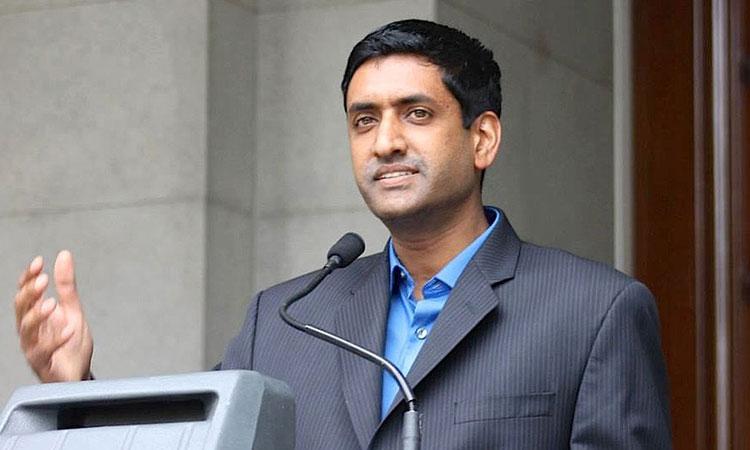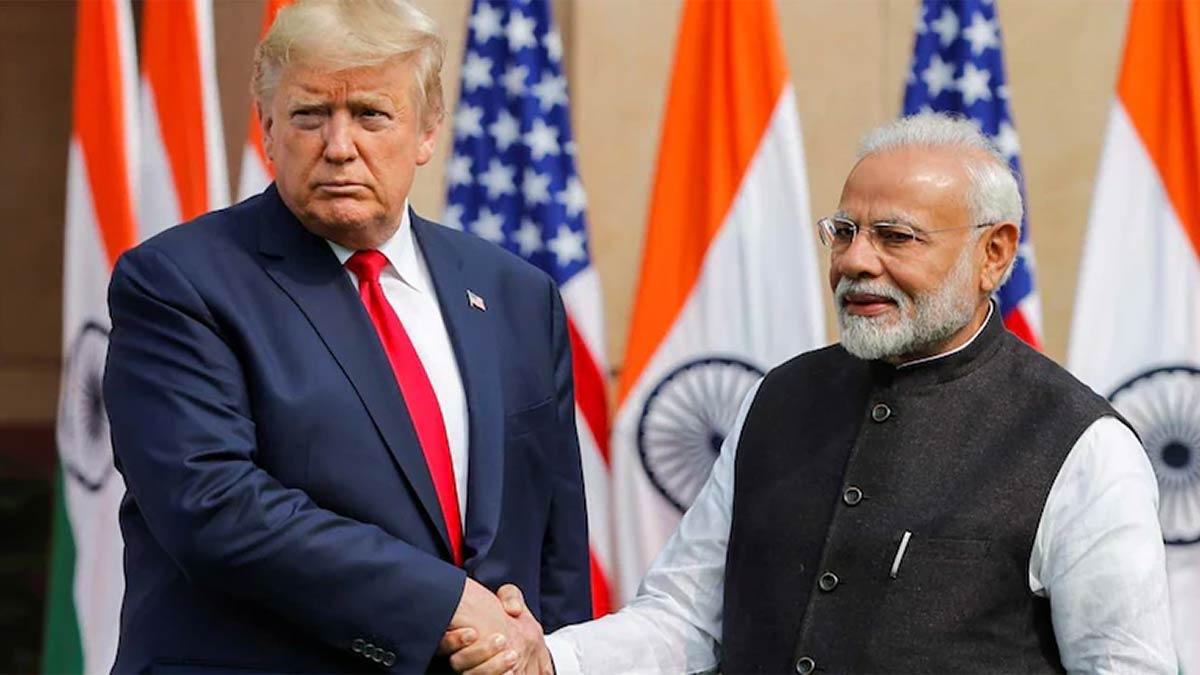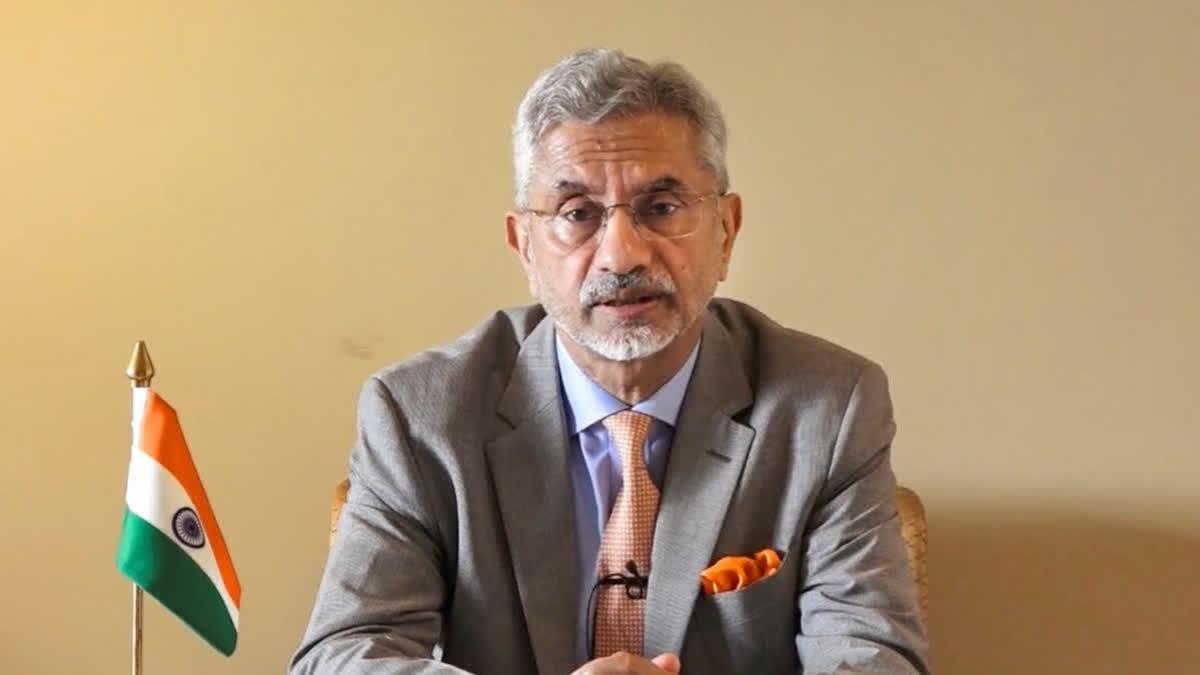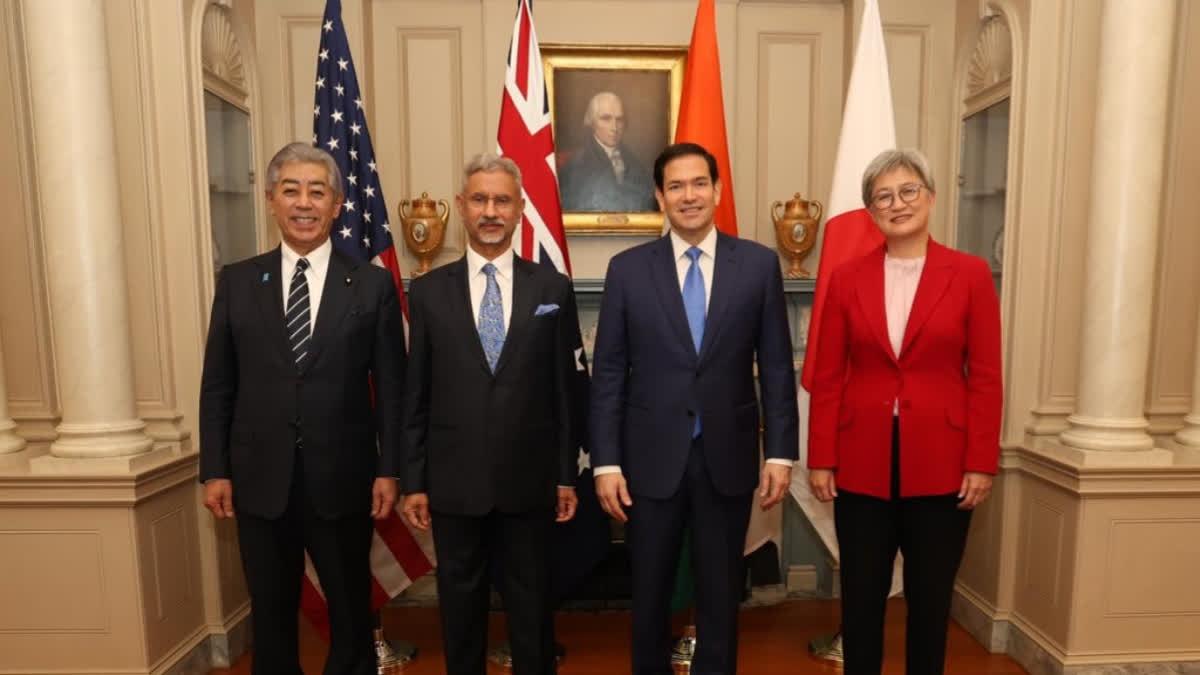Indian-American Congressman Ro Khanna has said that China is now seen by Indians as their greatest military threat, not Pakistan.
"China creeps towards hegemony in Asia, threatens India's borders, and treats other countries as junior partners. The people of India now see China as their greatest military threat, not Pakistan," he said while delivering a speech on foreign policy at Stanford's Hoover Institution.
He emphasized the need for constructive re-balancing with China and highlighted four guiding principles for achieving this: an economic reset to reduce trade deficits and tensions, open lines of communication, effective military deterrence, and respect for Asian partners and robust economic engagement with the world.
Khanna, who represents Silicon Valley in the US House of Representatives, further elaborated on the need to build alliances with India and other Asian partners, recognizing that they will not be satellite states. He called for strengthening economic and defense ties between the US and India, the oldest and largest democracies, and praised the new US-India initiative on Critical and Emerging Technology, which will deepen the technology partnership between the two nations.
Also Read | Washington state bans assault weapons
Khanna also emphasized the importance of India's participation in the Quad, a group of nations comprising the US, Australia, India, and Japan that aims to develop a new strategy to keep the critical sea routes in the Indo-Pacific region free of any influence. He stated that India's participation, along with Japan and Australia, is critical for ensuring that the partners work together to prevent China from becoming a hegemony in Asia.
"India's participation in the Quad, along with Japan and Australia, is critical for ensuring our partners work together to keep China from becoming a hegemony in Asia. In the 1950s, China and India shared a common aspiration to see Asia emerge after Western colonialism. But Nehru's vision of collaboration with China has soured," Khanna said.
Khanna acknowledged that China is creeping towards hegemony in Asia, threatening India's borders and treating other countries as junior partners. He pointed out that China is engaged in hotly contested territorial disputes in both the South China Sea and the East China Sea, claiming sovereignty over all of the South China Sea, while Vietnam, Malaysia, the Philippines, Brunei, and Taiwan have counterclaims.
Khanna called for multipolarity in Asia and the denial of China as a hegemony, recognizing India as a key partner in that effort. He suggested that the US has the technology to bring about an American production renaissance and emphasized the need to engage, rather than isolate, the business community to stand up for American values.
Also Read | US lawmaker Khanna takes jab at talk of 'Hinduphobia'
The Valley is pioneering the leading technology in AI, cyber, space, long-range missiles, and unmanned vehicles that will be essential for effective deterrence in the Taiwan Strait, Khanna said. He praised the Asian American diaspora for understanding the need for open lines of communication and exchanges with Asia.
Khanna acknowledged that the US cannot expect to have as smooth, lockstep, and cohesive an alignment as an Asian NATO given the history of colonialism and the cultural pride of many Asian nations. However, he emphasized the need for the denial of China as a hegemony and the importance of multipolarity in Asia.


















